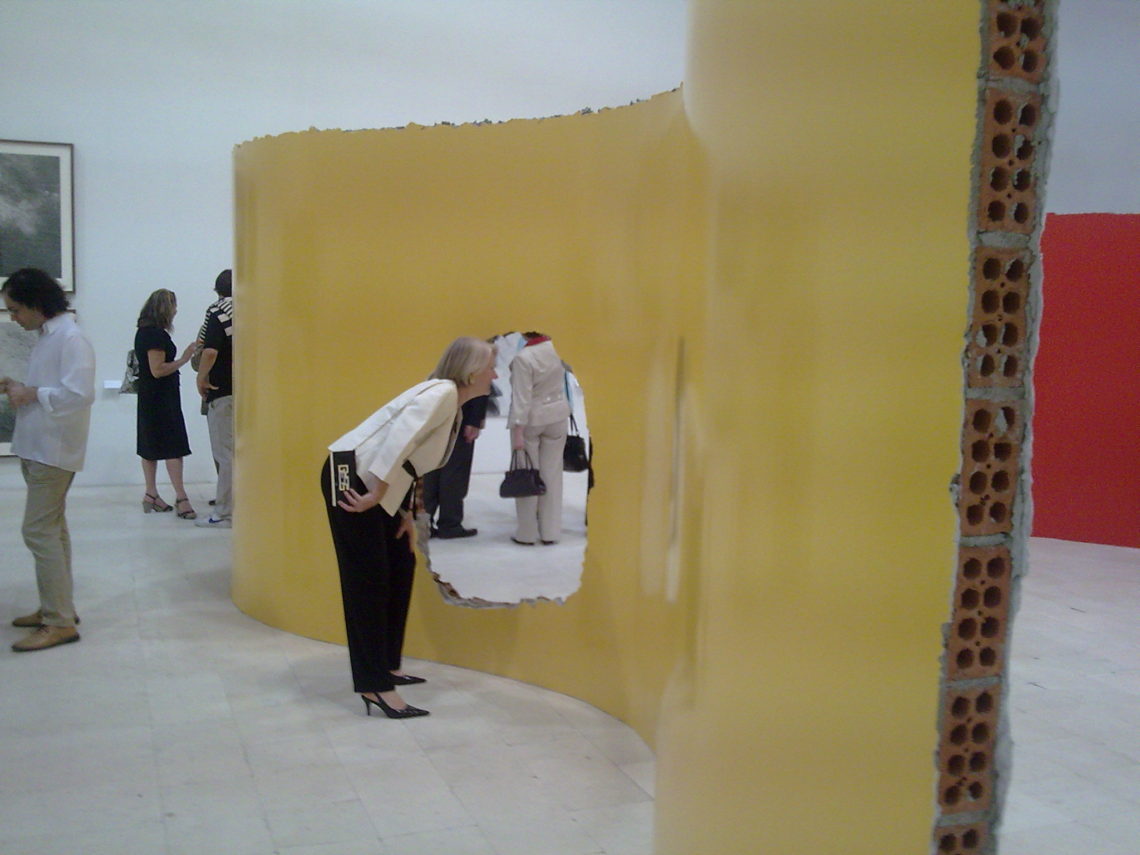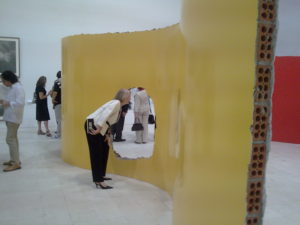Is eating like praying? (from the original text in Portuguese (mineiromatuto.com/refeição a sós:muito prazer
For most of my adult life, I have been a sole eater. Not always, for sure, but whenever I eat alone I feel comfortable about it. Do you not always want to have a good meal? Chances are you will get it easier sitting alone at a table. Please note that a good meal is made not only of food. That is where eating alone comes into play.
Let us remind ourselves of the Holocaust, the mass murder of six million Jews by the Nazis during World War II.
Millions of hungry, skin and bone human beings let to die or cowardly killed in concentration camps on grounds of a crazy ideology. While they could survive or resist without food, they fed but on dreams, and dreams were their last supper, a lonely dream for each prisoner, like a penintent´s pray in the desert.
Every human being, if consciously or not, either in a group or alone, will eventually have a lonely meal, be it in the desert, in outerspace, in the catacombs, in tents for refugees, in monasteries, in villages or urban centers, no matter.
What counts first is food, nobody is thinking about having company or not for the meal. God is always present, anyway. One can even respectfully ask whether Jesus Christ were a sole eater at the Last Supper. Yes, He had His apostles at His side, but they could but only be at different mental levels. That holy occasion was not precisely directed for an exchange of views on earthly things.
Admittedly, most of us would hate eating alone, of at least feel bad or uncomfortable about it. The present essays on the theory and practice of sole eating suggest, however, albeit in a personal tone, that eating alone may take you to embrace different, unique experiences both on a sensorial and mental level.
You might think it is a delusion, that I may be overdoing it, if I say that eating alone can offer you an extraordinary experience, that comes close to an epiphany.
That is, if the sole eater is willing and mentally open for it. Alone at a table with one´s meal, the solitary mind opens itself entirely, as if naked, and plunges into a reflexive mode.
The most varied circumstances and sensations are lived and felt by the sole eater´s wide-open mind, with no outside interferences but from his plate. Then again, the immediate reference to the food on one´s dish is the element that provides the sole eater with the pleasurable condition to look at oneself in one´s entirety, as if in a mirror in a perspective coming from inside the self, from one´s innermost.
Just like in praying.
Actually, I will later argue that eating alone is a form of praying. Praying that comes allied with different sensations of pleasure. The fasting penitent in the desert has a mind entirely set on his or her conversation with God, all interferences excluded by definition. But the body is there to provide–feed– the mind with unique forms of energy.
In praying, like in fasting, the absence of a meal is also a meal. Of course, sole eating, just like praying alone, can occur in all sorts of gregarious situations.
Eating alone is neither a privilege for lonely people nor dependent on the number of people you may have at your side at a table, since it is an individual condition, that can co-exist with conviviality.

